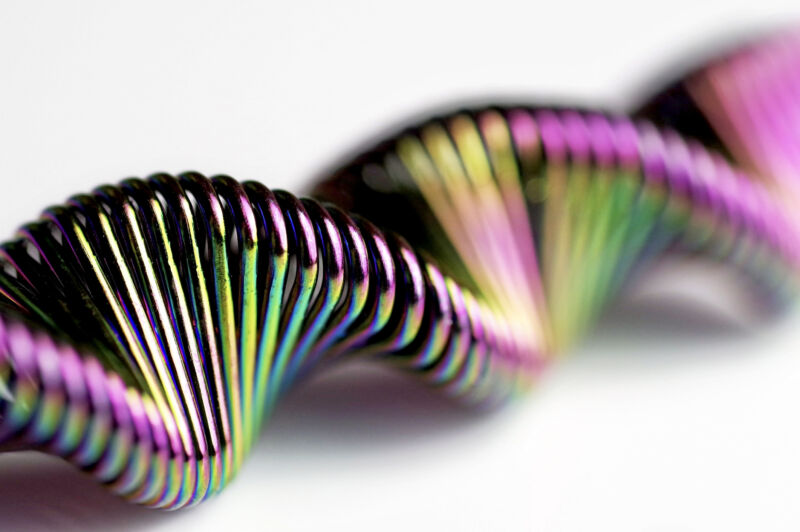Why are hard drive companies investing in DNA data storage?

Enlarge (credit: Adrienne Bresnahan)
The research community is excited about the potential of DNA to function as long-term archival storage. That's largely because it's extremely dense, chemically stable for tens of thousands of years, and comes in a format we're unlikely to forget how to read. While there has been some interesting progress, efforts have mostly stayed in the research community because of the high costs and extremely slow read and write speeds. These are problems that need to be solved before DNA-based storage can be practical.
So we were surprised to hear that storage giant Seagate had entered into a collaboration with a DNA-based storage company called Catalog. To find out how close the company's technology is to being useful, we talked to Catalog's CEO, Hyunjun Park. Park indicated that Catalog's approach is counterintuitive on two levels: It doesn't store data the way you'd expect, and it isn't focusing on archival storage at all.
A different sort of storageDNA is a molecule that can be thought of as a linear array of bases, with each base being one of four distinct chemicals: A, T, C, or G. Typically, each base of the DNA molecule is used to hold two bits of information, with the bit values conveyed by the specific base that is present. So A can encode 00, T can encode 01, C can encode 10, and G can encode 11; with this encoding, the molecule AA would store 0000, while AC would store 0010, and so on. We can synthesize DNA molecules hundreds of bases long with high efficiency, and we can add flanking sequences that provide the equivalent of file system information, telling us which part of a chunk of binary data an individual piece of DNA represents.